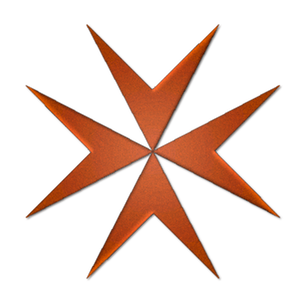Aspirations of a First Responder
(The State of Minnesota has not adopted standards for Complementary and Alternative Health Care Practitioners.
A brief discussion of consent for treatment (onsite) may be found here: Consent. All our clients are free to seek help from these Local Agencies, or others at any time. The right to refuse treatment, or to seek consent for the implementation of your own treatment plan, is also proposed as a way to work with practitioners who believe there are 'hopeless conditions', because to work with someone believes we are truly is.
Qualifications

Requirements
Complementary and Alternative Medicine falls into three categories:
Professionally organized alternative therapies.
They comprise of the "Big 5" therapies namely acupuncture, chiropractic, herbal medicine, homeopathy and osteopathy. These disciplines were considered as presenting evidence of an "individual diagnostic approach".
Those that made no diagnostic claims and complement mainstream approaches.
These were: Alexander Technique, aromatherapy, Bach and other flower remedies, body work therapies including massage, counseling stress therapy, hypnotherapy, meditation, reflexology, Shiatsu, healing, Maharishi ayurvedic medicine, nutritional medicine, and yoga
Alternative disciplines.
These disciplines are those which purport to offer diagnostic information as well as treatment but favor a philosophical approach and are indifferent to the principles of conventional medicine. [ii]
References
2. Choong, Kartina Aisha and Duckworth, Jean Ellen (8th of May, 2015): The Regulation of Alternative and
Complementary Medicine

